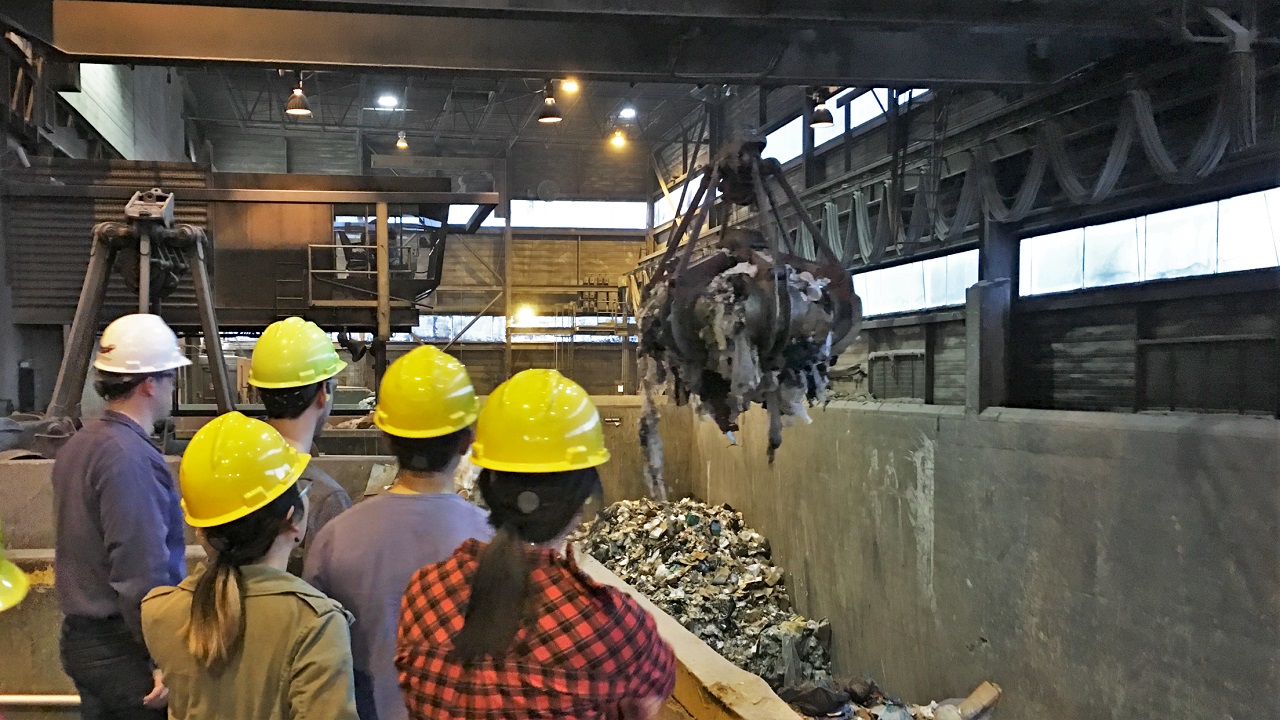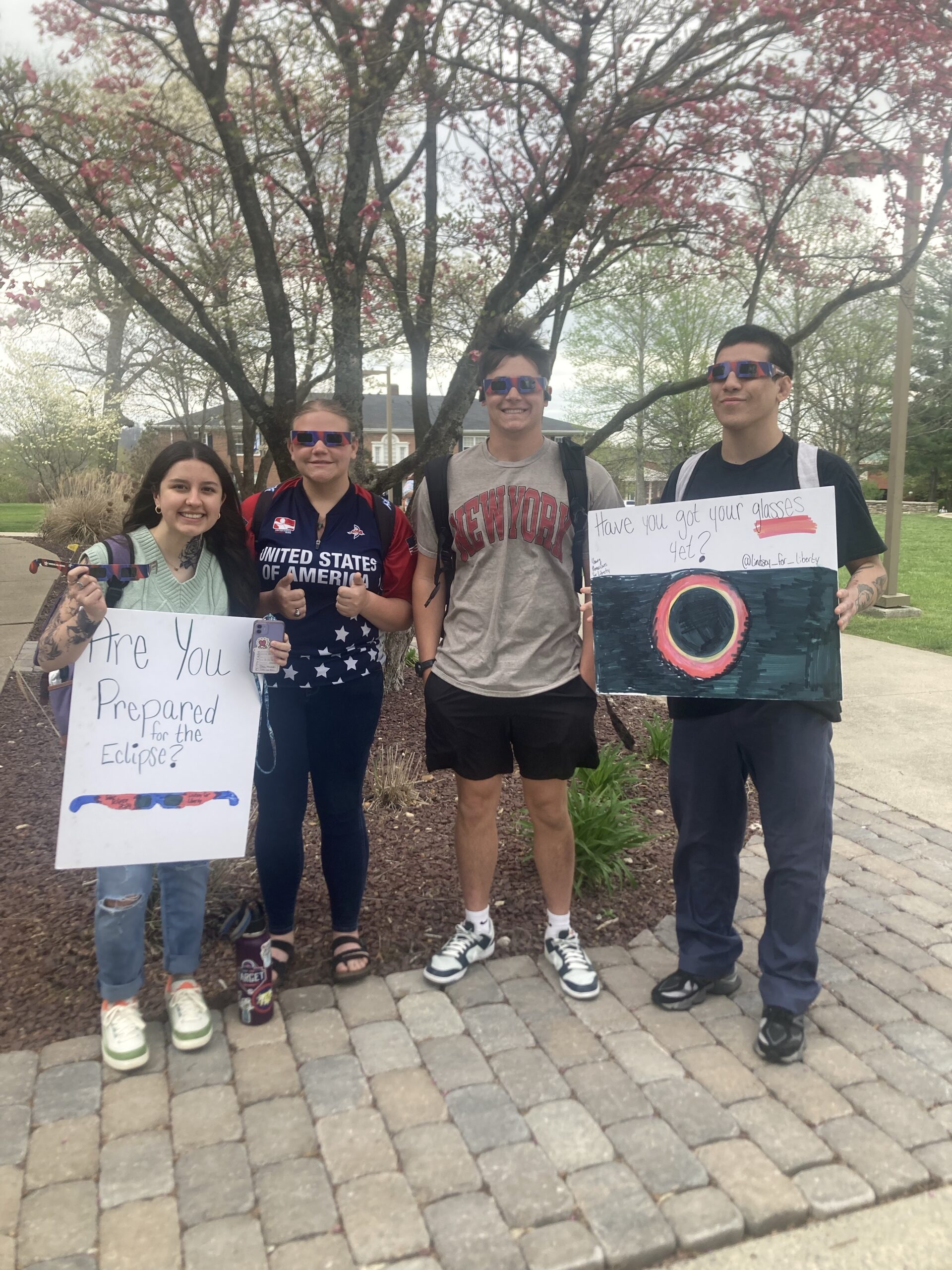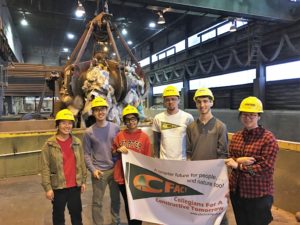 Ever wonder what happens to the countless Amazon Prime boxes you are throwing away every month? Well, if you live in the vicinity of Washington D.C., it is probably being shipped to a facility owned by Covanta, a private company that takes everyday trash and incinerates it to create energy. Students at the University of Maryland took a field trip to the facility located in Alexandria, Virginia to discover how a private company through the free market, not through government subsidies, can reduce our impact on landfills while also providing reliable power.
Ever wonder what happens to the countless Amazon Prime boxes you are throwing away every month? Well, if you live in the vicinity of Washington D.C., it is probably being shipped to a facility owned by Covanta, a private company that takes everyday trash and incinerates it to create energy. Students at the University of Maryland took a field trip to the facility located in Alexandria, Virginia to discover how a private company through the free market, not through government subsidies, can reduce our impact on landfills while also providing reliable power. 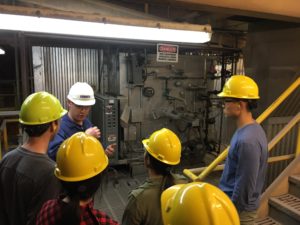
“We burn 1,000 tons of trash per day, which is reduced to about 200 tons of ash. That lengthens the lifespan of a landfill from 10 years to 100 years,” said Kevin McGunnigle, the Covanta official leading the students on the tour. “1 ton of trash can create the same amount of energy as 1/4 ton of coal or 1 barrel of oil. At this specific facility, we provide power for 350,000 people.”
Covanta’s Alexandria location takes in trash from landfills and the municipalities and burns it in giant boilers. These boilers are lined with tubes filled with water. The heat from the trash creates steam in those tubes, which in turn creates energy from turbines. The facility can power 20,000 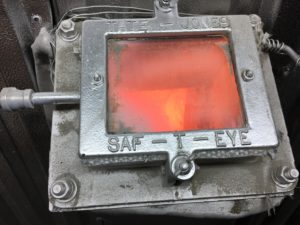 homes continuously if it needed to.
homes continuously if it needed to.
“It was very interesting learning how trash can be used to create power,” said UMD junior Lucy Lu. “It shows how a private company can help the environment and also provide for the needs of people through technological innovation.”
McGunnigle explained that the emissions from burning the trash is about equal to those seen from burning natural gas, which is one of the cleanest 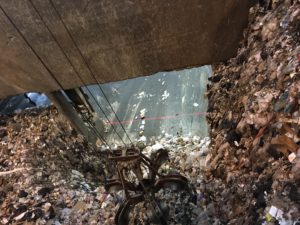 fossil fuels. Metal is sorted out of the trash they receive and sold to scrappers. Medical and hazardous waste are not accepted at the Alexandria location, but are at others, because special burners and toxic fume scrubbers are needed to burn those materials. In addition, even the military, police, and treasury department brings materials to burn to Covanta.
fossil fuels. Metal is sorted out of the trash they receive and sold to scrappers. Medical and hazardous waste are not accepted at the Alexandria location, but are at others, because special burners and toxic fume scrubbers are needed to burn those materials. In addition, even the military, police, and treasury department brings materials to burn to Covanta.
“We’ve gotten outdated military uniforms, drug contraband, and currency that the government is phasing out of production,” added McGunnigle. “The only way to make sure no one steals those old uniforms to impersonate a military officer, or steals drugs apprehended from criminals, or 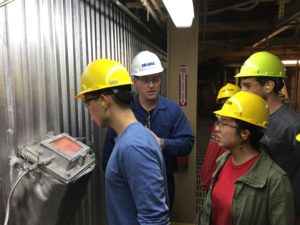 counterfeits currency is to burn it. This way we help national security while also reducing waste and powering the community.”
counterfeits currency is to burn it. This way we help national security while also reducing waste and powering the community.”
Covanta received zero subsidies from the government in any form. They make their profit by being paid by landfills and waste collectors to take trash, then also sell off metal they find in the trash they collect, and sell electricity they generate to local power companies. The only item granted to them by the government is a lease to operate on the property for several decades.
This field trip helped open the eyes of several students in attendance on how private companies can have a positive impact on energy and environmental policy without interference from the government.
